Superintendent Dr. Jeff Harding endorsed a report issued by the Making Care Common project at the Harvard University Graduate School of Education, in an email he sent out to all emails the district had on file on Feb. 5. This project called for widespread and sweeping reforms to the college admissions process. The report specifically advocates for “inspiring concern for others and the common good through the college admissions process.”
“This report is about equity and it’s Harvard’s statement that the college admissions process has led us down a road that is not necessarily the best interest of the students and universities,” Harding said. “We’ve gotten to the [unhealthy state of admissions] we are at today because Harvard has never said anything about [parent] coaching.”
The executive summary of the report outlines recommendations in four sectors: reshaping admissions, community engagement and service, assessing ethical engagement and contributions to others, and reducing pressure to achieve by redefining achievement.
The report’s recommendations are as follows.
Reshaping the admissions process:
- Promoting more meaningful contributions to others, community service, and engagement with the public good.
- Assessing students’ ethical engagement and contributions to others in ways that reflect varying types of family and community contributions across race, culture and class.
- Redefining achievement in ways that both level the playing field for economically diverse students and reduce excessive achievement pressure.
Community service and engagement:
- Students engage in forms of service that are authentically chosen—that emerge from a student’s particular passions and interests— that are consistent and well-structured, and that provide opportunity for reflection both individually and with peers and adults
- Working in groups on community problems to develop key emotional and ethical capacities and greater understanding of and investment in the common good.
- Rather than students “doing for” students from different backgrounds, for example, we encourage students to “do with”—to work in diverse groups for sustained periods of time on school and community challenges, groups in which students learn from one another.
- Take up forms of community engagement, service and reflection that help them appreciate the contributions of the generations before them—how their lives are built on the service of others—and their responsibility to their descendants.
Assessing ethical engagement and contributions to others across race, culture, and class:
- Students’ family contributions, such as caring for younger siblings, taking on major household duties or working outside the home to provide needed income, are highly valued in the admissions process. Far too often these far more consistent, demanding, and deeper family contributions are overlooked.
- The admissions process should seek to assess more effectively whether students are ethically responsible and concerned for others and their communities in their daily lives. This should be weighed more heavily.
Reducing undue achievement pressure, redefining achievement, and leveling the playing field for economically diverse students:
- Numerous extracurricular activities or long “brag sheets” do not increase students’ chances of admission. Students should feel no pressure to report more than two or three substantive extracurricular activities.
- Simply taking large numbers of AP or IB courses per year is often not as valuable as sustained achievement in a limited number of areas. While some students can benefit from lots of AP/IB courses, many students benefit from taking smaller numbers of advanced courses. Too often there is the perception that these students are penalized in the admissions process.
- Applications that are “overcoached” can jeopardize desired admission outcomes.Authenticity, confidence, and honesty are best reflected in the student’s original voice.
- Relieve undue pressure associated with admission tests. Options include making tests optional, defining how much they “count”, and discouraging applicants from taking tests more than twice.
Harding has observed immense changes in the college admissions process in what he describes as “a blink of an eye.”
“I knew what it took to get into Berkeley and I knew what my high school experience was like, and it was nothing like it was today, and that is a direct result of college admissions processes and how much more difficult it is to to get into the better schools,” Harding said.
Along with Harvard, 88 high schools, universities, private companies, and educational institutes have stated their support of the reforms the report calls for. Some supporters include all 8 Ivy League universities, Stanford University, UC Berkeley, UC Davis, and Santa Clara University.
While the reforms called for are groundbreaking and unprecedented in Harding’s opinion, what is to follow is anyone’s guess.
“I don’t know where it goes, it certainly is not going to be a fast process. Rapid change doesn’t happen in this kind of environment,” Harding said. “But I thought it was significant enough to communicate to everybody that that’s what they’re talking about at Harvard. Don’t we want to know about that?”
With the spirit of the report in mind, Harding believes the MVLA School District should help turn the tide by increasing awareness of the issues raised by the report.
“The more we can communicate to this to parents, to back off a little from their expectations, the more we can give students the opportunity to sleep,” Harding said. “Sleep deprivation is a wellness issue… [Students think] every moment I’m not doing something, I could be doing something and what happens is sleep becomes the limited factor.”
To further help students find balance, Harding pointed towards counselors recommending a course load that gives students challenge that isn’t at the expense of wellness. Additionally, the district is working on a homework policy that will put more parameters on workload that they hope to finalize by the end of the school year.
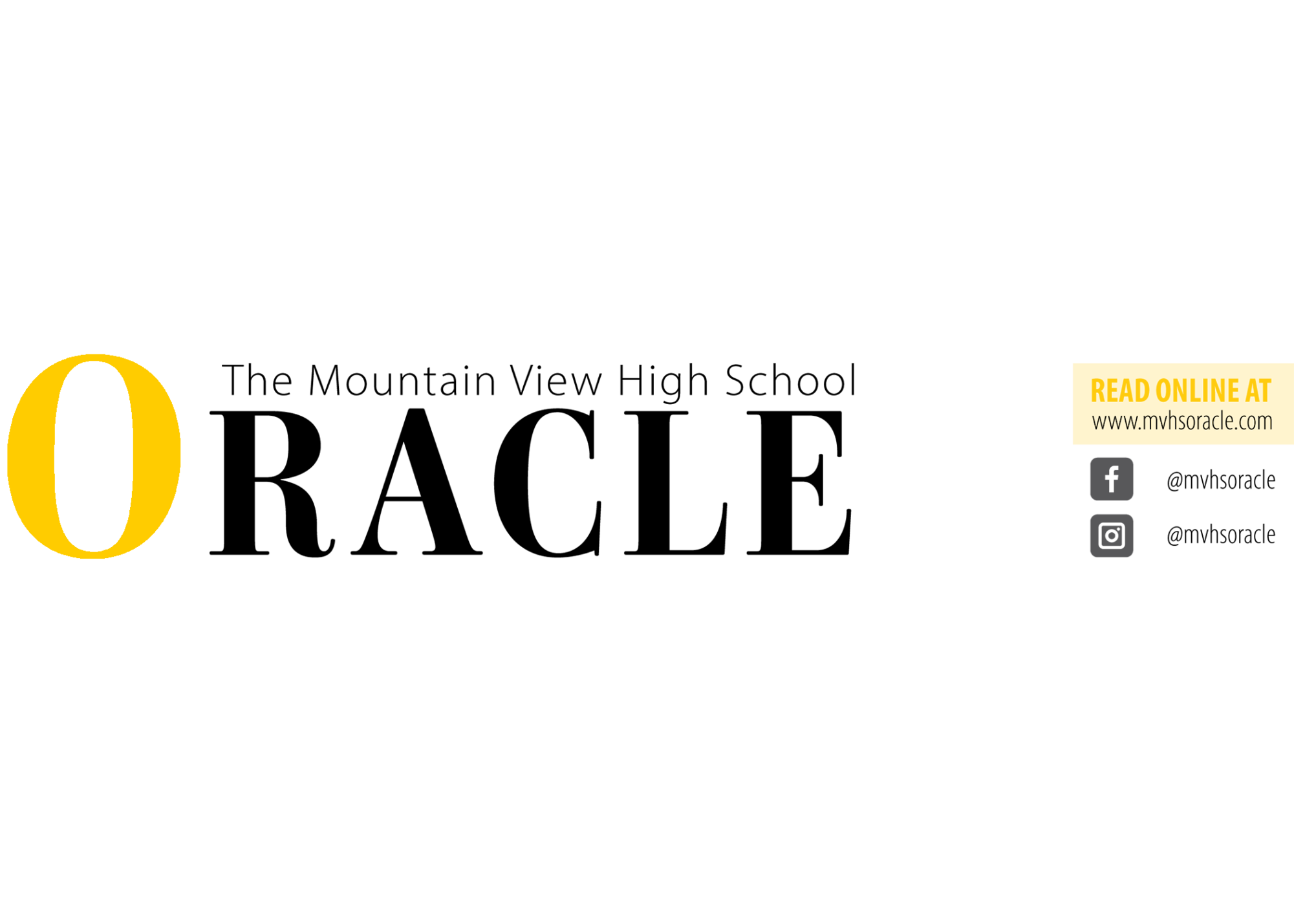

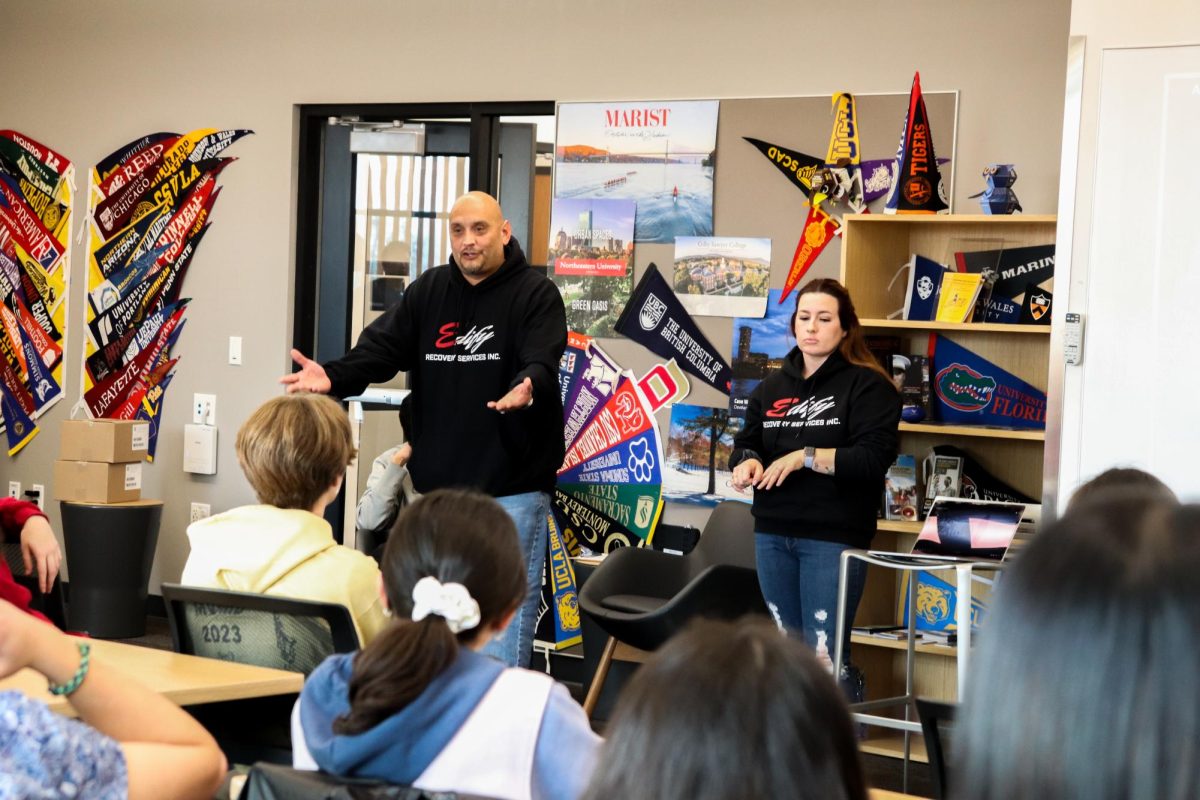

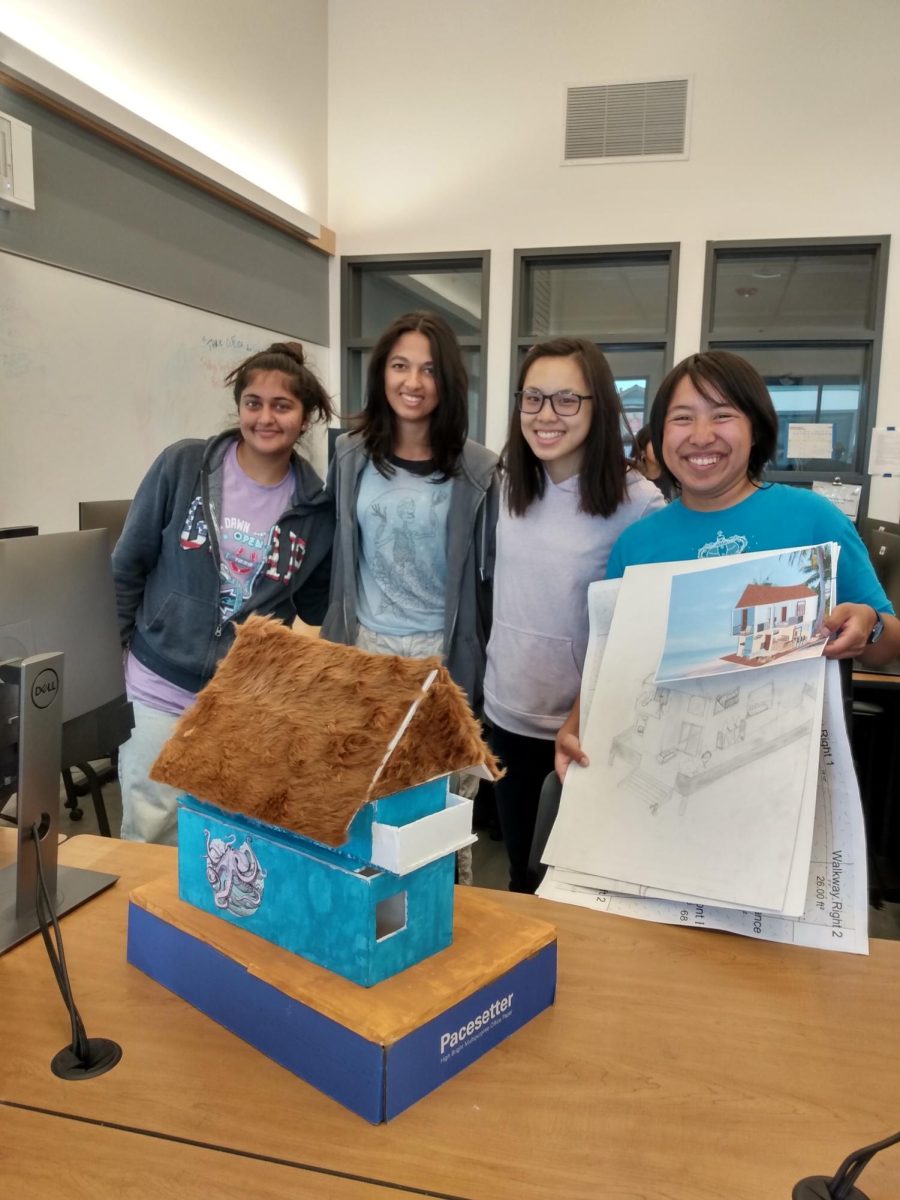
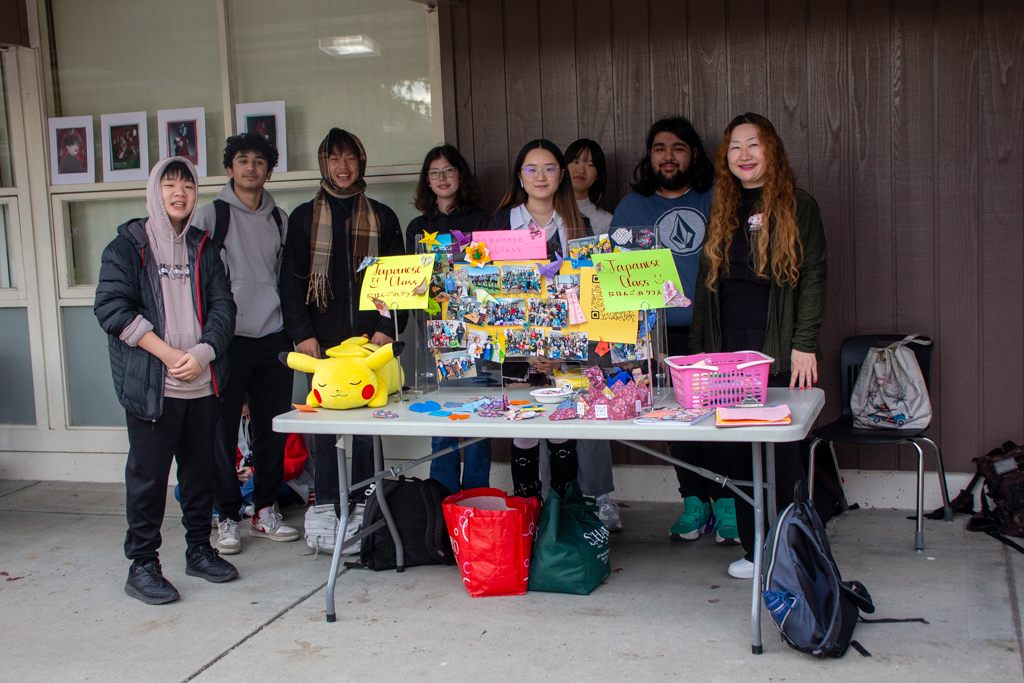

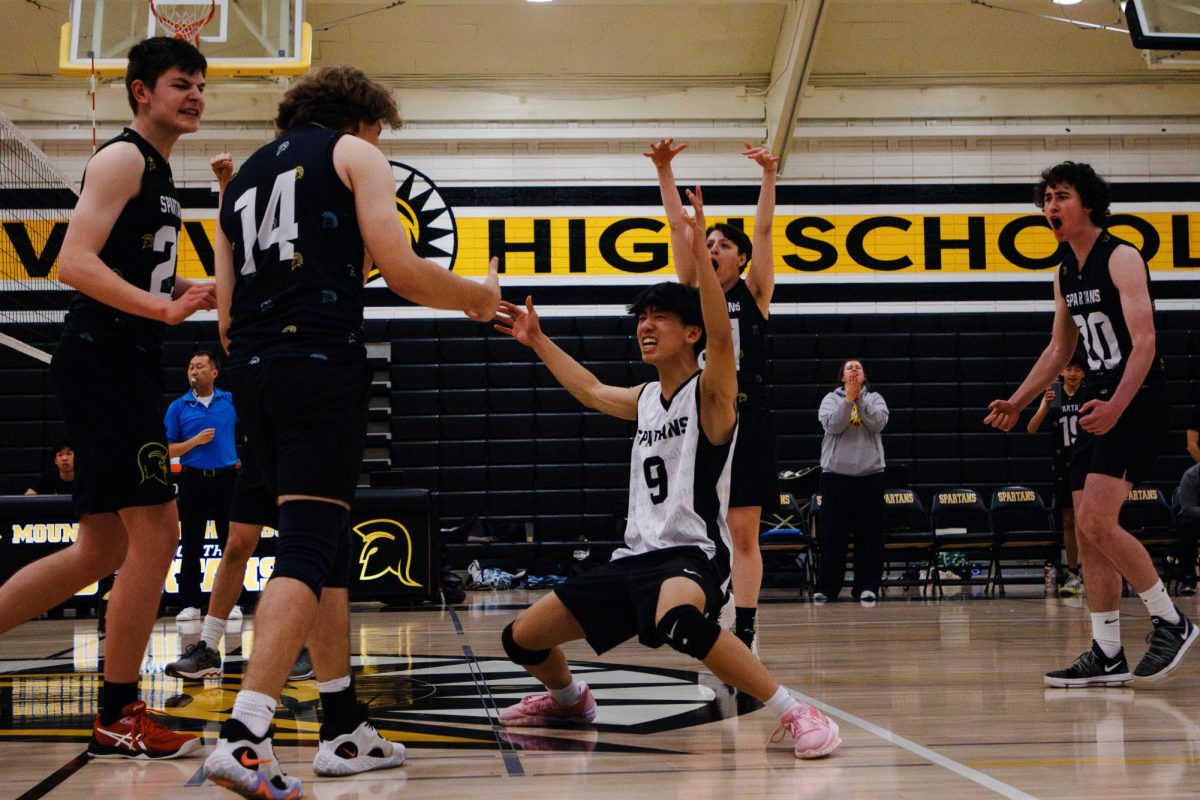


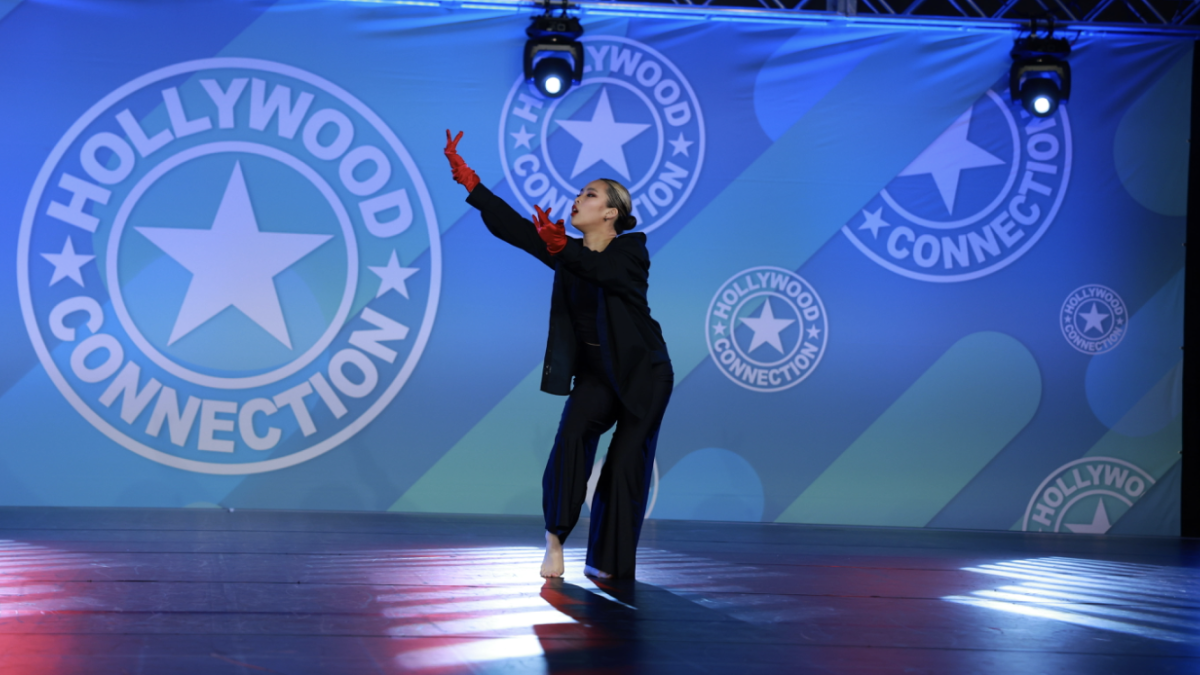
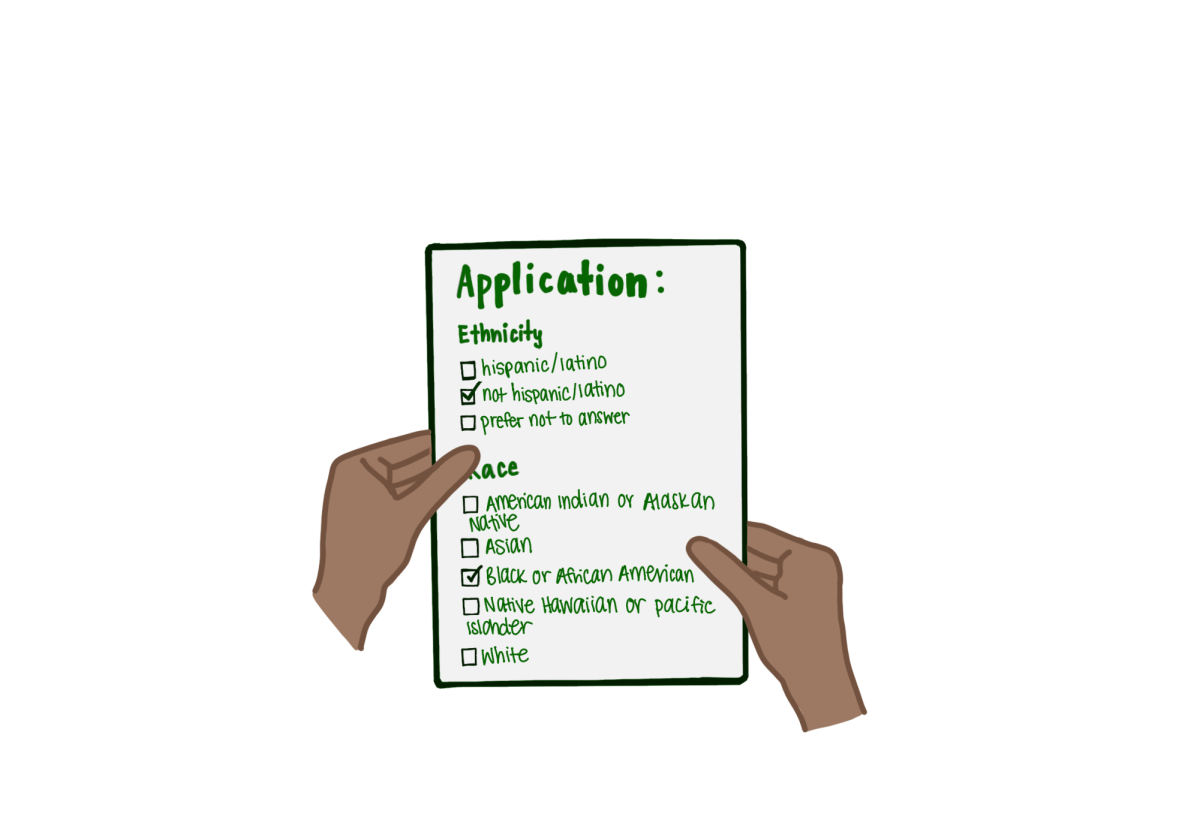






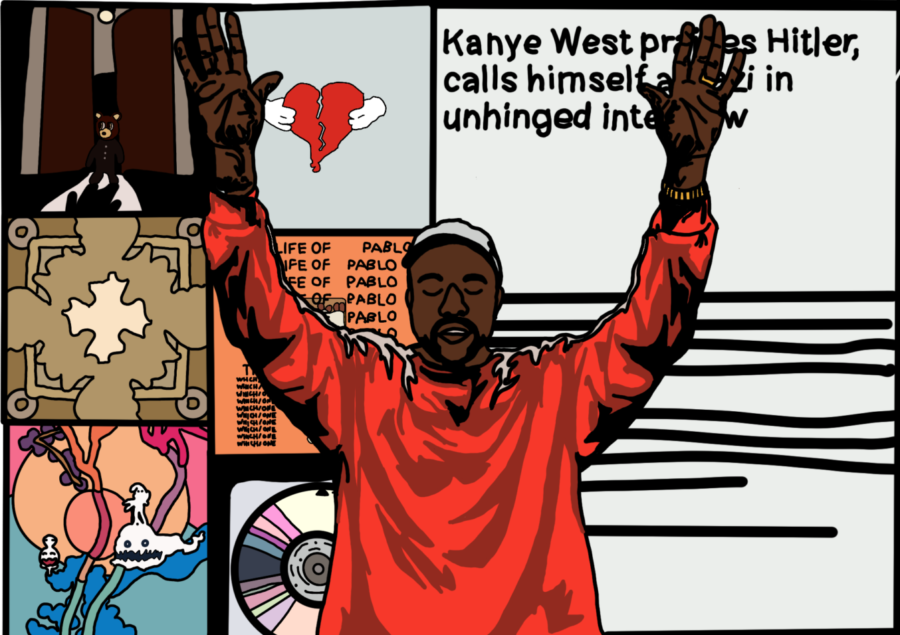


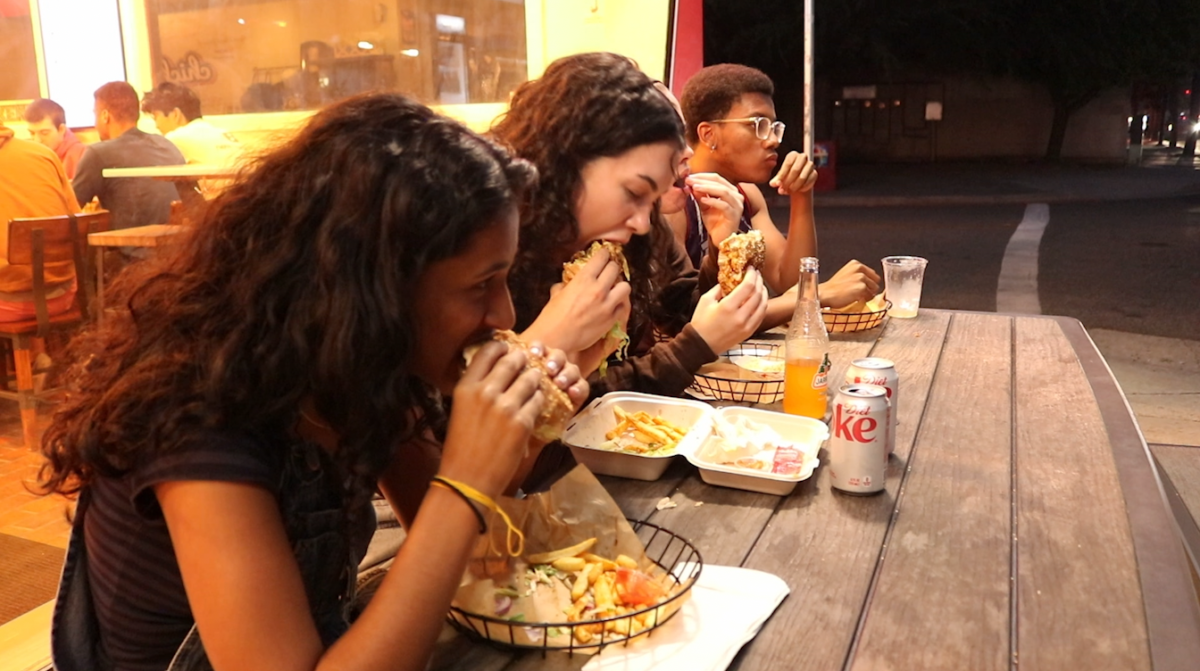

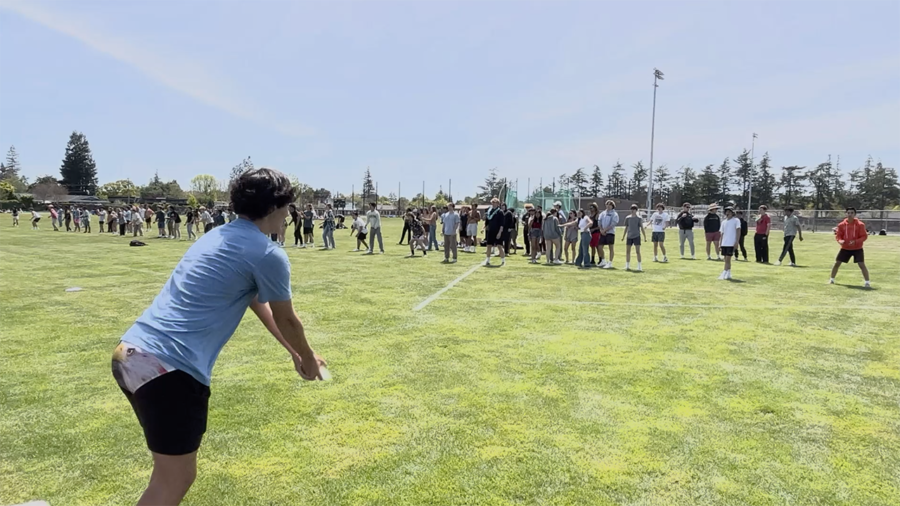
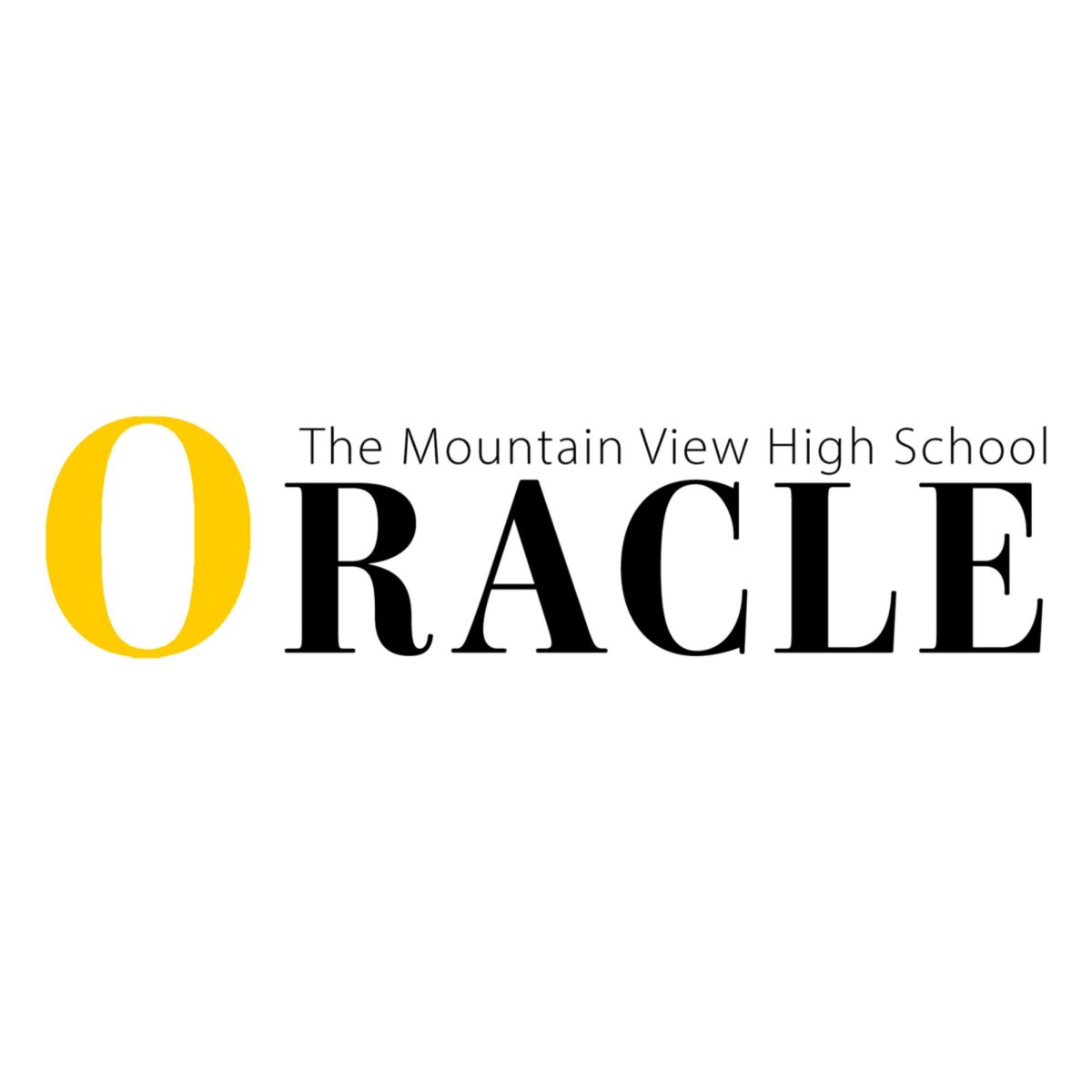




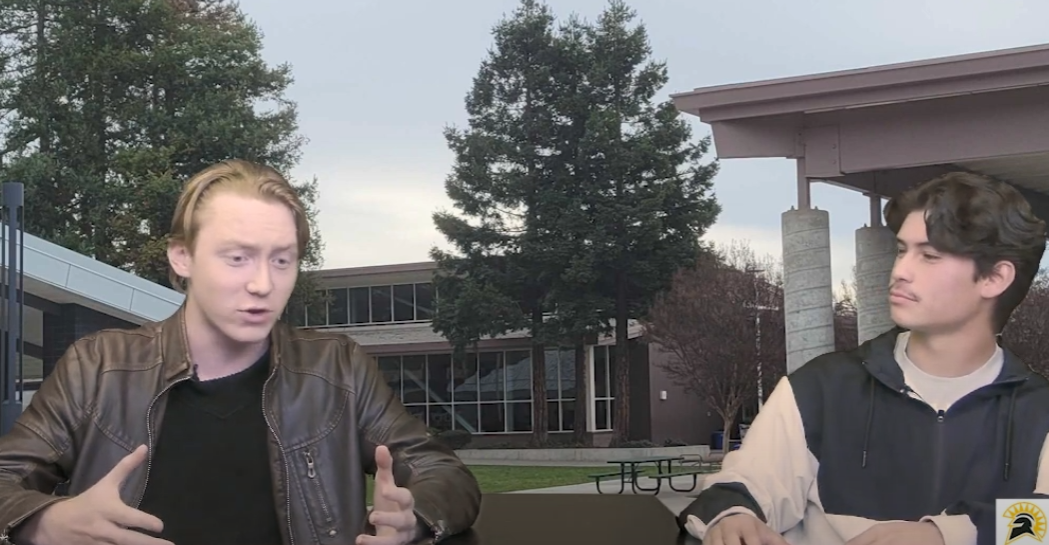

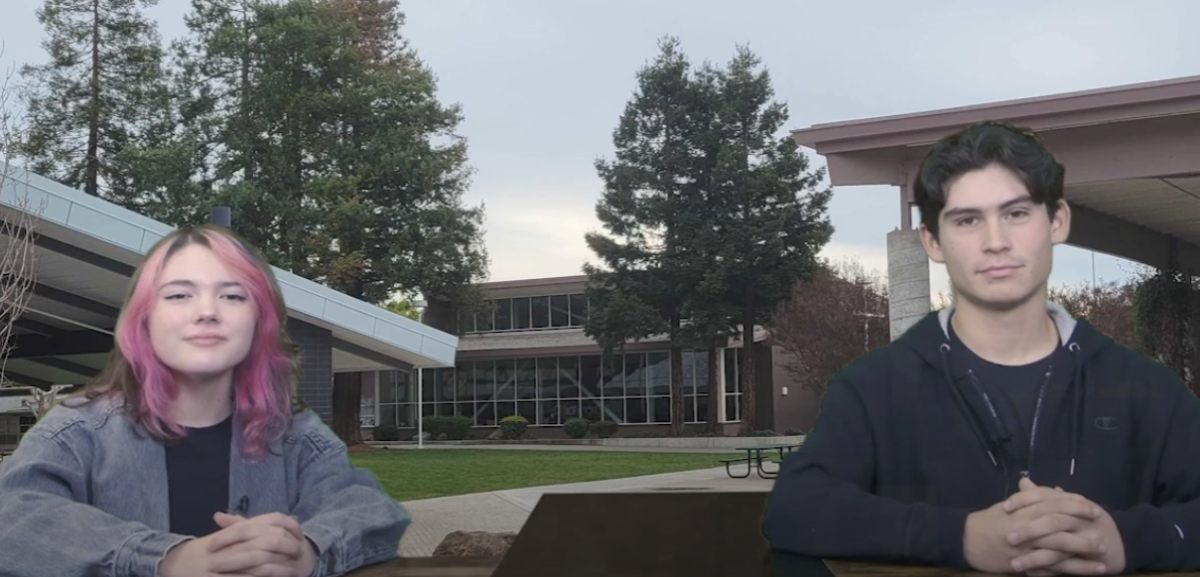


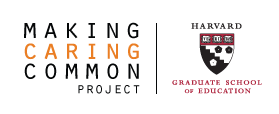
Leah Higgins • Mar 19, 2016 at 7:58 pm
Because this article and the Harvard letter both open with the quote “This report is about equity” it might be helpful to talk about what the word equity means and the distinction between equity and equality…and why focusing on “equality” can be problematic whereas a focus on equity is more intersectional, realistic, inclusive, and pragmatic. Especially looking at equity in the context of this article and this issue.